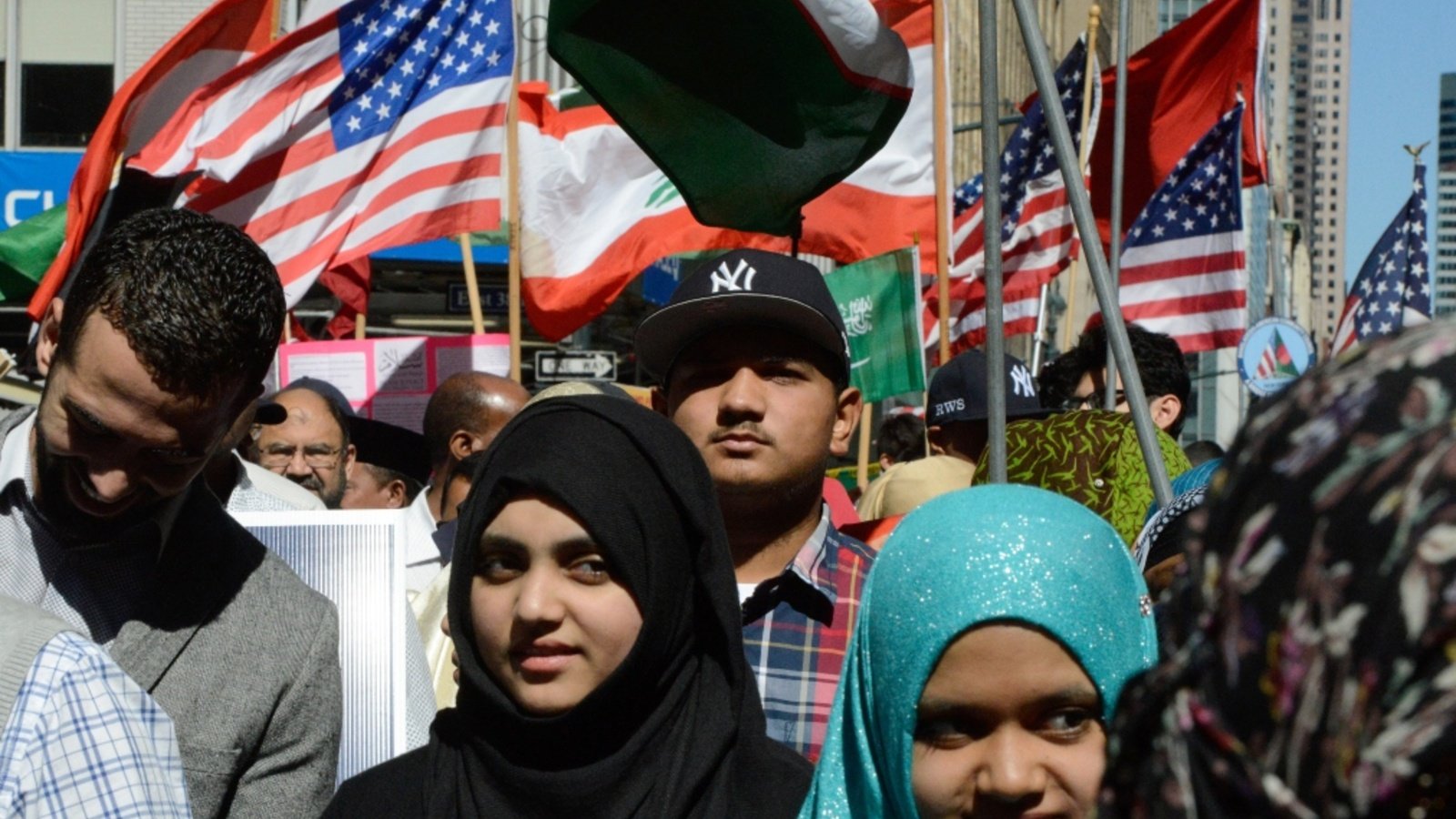Islamophobia Has Forced American Muslim Community to Evolve
By Imam Horsed Noah

Imam Horsed Noah is the outreach director of Somali Islamic Centers of Ohio, an umbrella of seven mosques.
As a faith leader who regularly delivers the Friday sermons at our local Islamic centers, I always emphasize the message of integration, where Muslims not only positively integrate into mainstream American society but also join the local and national politics of this country.
The tragic events of September 11, 2001, were a wake-up call for the Muslim community. This was the first time we felt that if we don’t educate our fellow Americans about our faith and speak ourselves, others will speak for us and define us.
Before 9/11, Muslims were not active in the political space of this country. Our Islamic centers were mostly more of a spiritual space where people came to pray, take a few Islamic classes and then go home. Also, our efforts and fundraising activities were mostly focused on places like the Middle East or Southeast Asia, countries like India, Pakistan, Afghanistan and Somalia.
But today, Islamophobia has made us mature as a community and pushed us to rethink our role in this country.
It made us fight two extreme wings: one is right-wing Islamophobia forces who always link the American Muslim community with terrorist organizations, and the other is the Islamic State and similar groups who try to hijack our faith and present Islam as a religion that promotes terrorism.
Islamophobia, while evil and racist, also is a blessing in disguise. Because of Islamophobia, we matured very quickly. We demanded to be given the dignity and respect we deserved.
So, we called America our home, and the Arabic notion of making hijra — which means going to a Muslim land — was replaced with the idea that this is home. We established local academic institutions that respond to the lies of Islamophobia and Islamic State-related elements. Our mosques became places that combined spirituality and social justice activism.
The second thing is we had to use the system and the Constitution to fight for our rights. To use the system, we had to join the system and produce many American Muslim politicians in different sectors. We understood from our holy scriptures that every messenger God sent was calling his people to spiritual rejuvenation and social and political change. This became our new slogan.
We also started to reassess our goals and the future of our next generation. Before Sept. 11, most of our imams, faith leaders and scholars came from overseas. But after this tragedy, the Muslim community started training local leaders who were born and brought up in America — young imams who understood the language, history of America cultural context of Islam.
This changed the way most of our mosques worked and opened the door for a new strategy, a strategy that is based on our Islamic values but recognizes our time, challenges and need to collaborate with other minorities who are facing the same challenges, hate, prejudice, and harassment.
Today, as someone who mentors and teaches Islam to the youth whose parents have immigrated from Somalia, I always instill in them a sense of belonging. I tell them that home is not where your parents and grandparents were born; it is where your children will be born.
I also have a project called “Meet a Muslim," where I invite our non-Muslim friends to our mosque to listen to our sermons, ask questions about Islam and meet our congregation. They, in turn, invite me to their local churches, where I speak about Islam and how our faith is being hijacked by two extreme wings. I enjoy answering the questions the church congregations ask me about Islam, Allah, our holy scripture and the Prophet Mohammed. In fact, a lot of them have become friends.
I also sit on the board of Faith in Public Life, which is a national platform that has played an important role in changing the narrative about the role of faith in politics, winning major progressive policy victories and empowering new religious leaders to fight for social justice and the common good.
One thing I will never forget is the feeling I had when former President Donald Trump came up with the “Muslim ban.” This was the first time I was made to feel that my country was against my faith and my faith was against my country. It really was very painful for our community.
As a faith leader, my congregation would come to me asking for help. Many of them were mothers whose children couldn’t join them here in America. I had to dedicate most of my Friday public sermons and classes on the light at the end of tunnel, life’s tribulations and how all messengers of God were tested and so forth, just to give some emotional tranquility to those grieving parents.
Today, I am the outreach director of Somali Islamic Centers of Ohio, an umbrella group of seven mosques, and I have four kids. I always tell my daughters, who are in fifth and third grade, to wear their headscarf and be proud of their Muslim values and Americanness. I teach them the history of this country and how blessed they are to live in the greatest country of the world where they can be whatever they want to be if they put in the effort.
(Imam Horsed Noah is the outreach director of the Somali Islamic Centers of Ohio. - The Columbus Dispatch)

